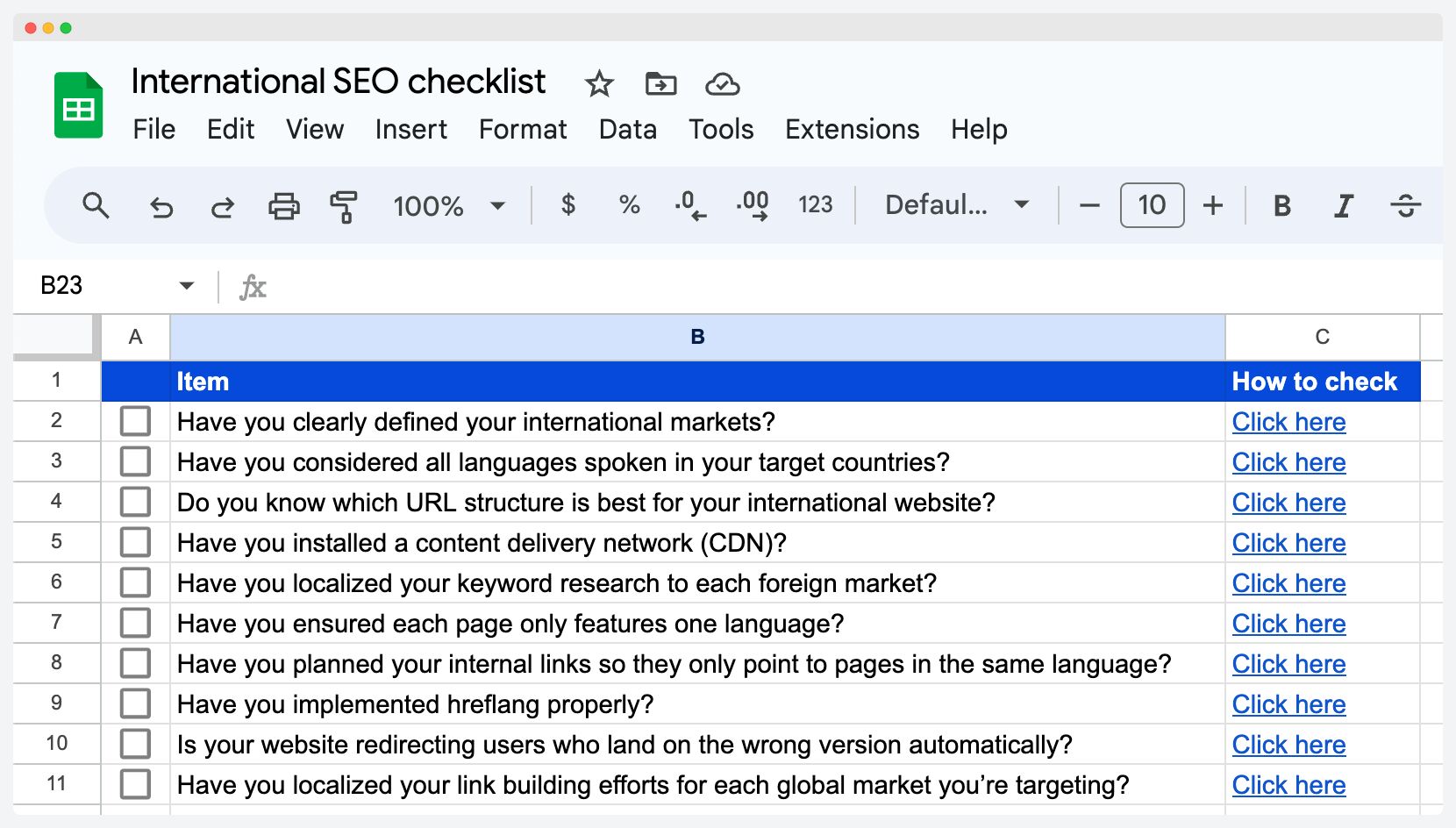Cracking the Code of International SEO: A Comprehensive Overview
Cracking the Code of International SEO: A Comprehensive Overview
Blog Article
Browsing the Digital Landscape: Leveraging International SEO for Cross-Border Success
In today's interconnected electronic world, companies are progressively looking beyond borders to tap into global markets. The intricacy of navigating the electronic landscape on a global scale requires a nuanced strategy, from recognizing the principles of International Search engine optimization to executing geotargeting and multilingual search phrase strategies.
Recognizing International Search Engine Optimization Basics
Browsing the ins and outs of global search engine optimization calls for a solid grasp of essential principles to properly expand online presence throughout borders. One vital element of worldwide search engine optimization is understanding the importance of localization. This entails tailoring website content to match the linguistic, social, and commercial differences of target audience. Key phrases need to be not only translated yet likewise adjusted to show how customers in different areas search for details.
In addition, having a clear understanding of geo-targeting is necessary. This involves suggesting to search engines the details countries or areas a web site is targeting. Carrying out hreflang tags is one way to interact this details, making certain that the right variation of a website shows up in the search engine result for an individual in a certain location.
Additionally, comprehending the influence of local internet search engine and social media platforms is crucial for global search engine optimization success. As an example, while Google is dominant in lots of areas, nations like China have their very own search engines like Baidu, calling for customized strategies for each system to optimize online visibility.

Targeting Multilingual Keyword Techniques
Establishing multilingual keyword approaches is necessary for effectively getting to diverse global audiences and making best use of on-line visibility throughout various linguistic regions. When targeting multilingual key phrase strategies, it is vital to conduct thorough research study to recognize the specific search terms and expressions used by the target market in each etymological region. This includes not just translating key phrases but also thinking about social nuances, regional dialects, and search fads unique to each target market.
To develop a successful multilingual keyword phrase approach, it is necessary to prioritize importance and search intent. Keywords ought to line up with the material on the website and resonate with the cultural context of the target audience. Utilizing devices such as Google Search Phrase Planner, SEMrush, or Ahrefs can help determine high-performing key phrases in different languages and assess their search volume and competition level.
Moreover, monitoring and assessing the performance of multilingual keywords on a regular basis is vital for maximizing and improving the technique with time. By continually adapting to modifications in search actions and fads, organizations can enhance their on-line presence and draw in even more international website traffic to their websites.
Applying Geotargeting and Hreflang Tags
When intending to improve international SEO approaches, incorporating geotargeting and hreflang tags is vital for optimizing internet site presence throughout different regions. Geotargeting entails customizing material to specific locations, making certain that customers in different locations get pertinent information. By carrying out geotargeting, services can enhance their neighborhood search rankings and attract region-specific traffic.

Optimizing Internet Site Framework for Global Exposure
To further boost global SEO methods past geotargeting and hreflang tags, maximizing the website structure is critical for achieving global exposure and maximizing reach throughout different areas. A well-structured site not just enhances customer experience but likewise promotes internet search engine crawlers in understanding the web content and context of the website. When going for international presence, it is critical to guarantee that the web site is organized in a logical manner that caters to users from numerous nations. Implementing a clear pecking order with unique groups and subcategories can aid in enhancing the website's navigating and user-friendliness.
In addition, developing language-specific subdirectories or subdomains can help look engines supply the appropriate version of the website to users based on their language preferences, additionally enhancing the general individual experience. Additionally, optimizing link structures this hyperlink to consist of relevant key phrases and geotargeted terms can boost the website's exposure in different areas. By structuring the site effectively for international target markets, businesses can enhance their chances of click to read more drawing in worldwide web traffic and increasing their reach throughout borders.

Surveillance and Analyzing Cross-Border Efficiency
Efficient tracking and analyzing of cross-border performance is vital for evaluating the success of worldwide SEO approaches and recognizing chances for improvement in global reach and visibility. By very closely tracking vital performance indications (KPIs) across various markets, services can get useful insights into the effectiveness of their cross-border search engine optimization initiatives. Keeping track of metrics such as organic traffic, keyword positions, conversion rates, and bounce prices can provide a comprehensive view of just how well a web site is doing in numerous regions.
Evaluating cross-border efficiency information permits companies to identify fads, patterns, and locations for optimization. By comparing performance across different nations, areas, or languages, companies can determine effective approaches and center content to better satisfy specific target audiences. Additionally, monitoring cross-border performance allows services to remain agile and responsive in the ever-evolving digital landscape. Regular analysis of SEO performance on a global range guarantees that business can adjust their strategies swiftly to maximize emerging chances and preserve an one-upmanship in international markets.
Final Thought
Finally, worldwide SEO plays a critical duty in accomplishing cross-border success by maximizing websites for international exposure, targeting multilingual keyword phrase techniques, carrying out geotargeting and hreflang tags, and monitoring cross-border efficiency. By comprehending the fundamentals of worldwide search engine optimization and enhancing site frameworks appropriately, companies can properly reach and engage with their target audiences throughout different areas and languages. This strategic strategy is important for increasing market see here now reach and driving on-line growth in today's electronic landscape.
Report this page